Some Floater Facts
Have you ever noticed tiny specks, strands, or shadowy spots drifting across your vision? These floaters are a common occurrence and are usually more visible when looking at a bright sky or a blank surface. While they can be annoying, they are generally harmless. Here are four key facts about floaters that can help you understand what they are and when to seek professional advice.
1. Floaters Are Actually Shadows Inside Your Eye!
Your eyes contain a gel-like substance called the vitreous humor, which helps maintain their shape. Over time, the vitreous gradually liquifies and small clumps of microscopic fibres form inside it. These clumps cast shadows on your retina, creating the visual effect of floating spots, strands, or web-like patterns.
If you try to look directly at a floater, it will likely drift away as the vitreous moves with your eye. This is why they seem to disappear when you try to focus on them!
2. Floaters Are a Natural Part of Aging
While floaters can appear at any age, they become more common as you get older. As the vitreous gel shrinks and changes consistency, it pulls away from the retina, a process called posterior vitreous detachment (PVD). This is a normal part of aging, typically occurring in people over 50, but it can happen earlier in individuals who:
- Are nearsighted (myopic)
- Have diabetes
- Have had cataract surgery
- Have experienced eye injuries or inflammation
Most people will experience floaters at some point, but they are usually mild and not a cause for concern.
3. Your Brain Learns to Ignore Floaters
When floaters first appear, they can be distracting or even worrisome. However, over time, your brain adapts and learns to filter them out. This process, called neural adaptation, means that most people stop noticing their floaters after a while, especially if they are small and don’t interfere with daily activities.
If your floaters suddenly increase in number, or if they are accompanied by flashes of light, this could indicate a more serious issue—more on that below!
4. Floaters Can Be Treated in Severe Cases
For most people, floaters are not a serious problem and do not require treatment. However, in rare cases, they can become large, dense, or obstructive, significantly impacting vision.
There are two medical procedures available to reduce floaters:
- Vitrectomy: This is a surgical procedure where the vitreous is removed and replaced with a saline solution. While it can eliminate floaters, it carries some risks, including retinal detachment and infection.
- Laser Treatment (Laser Vitreolysis): A specialized laser is used to break up large floaters, making them less noticeable. However, this treatment is not suitable for everyone and requires a skilled specialist to minimize the risk of retinal damage.
If floaters are severely affecting your vision, consult an optometrist or ophthalmologist to determine whether treatment is necessary.
When to See an Optometrist About Floaters
Most floaters are harmless, but in some cases, they can signal a serious eye condition. You should contact your optometrist immediately if you experience:
- A sudden increase in floaters
- Flashes of light in your vision
- A dark curtain or shadow moving across your vision
- Blurred vision or eye pain
- Floaters appearing right after an eye injury
These symptoms could indicate retinal detachment or vitreous hemorrhage, both of which require urgent treatment to prevent vision loss.
Comprehensive Eye Care in Edmonton
Even if your floaters are mild, it’s still a good idea to mention them during your next eye exam. A comprehensive eye exam can rule out underlying issues and ensure that your vision stays healthy.
At Optometrists’ Clinic, we provide expert eye care to help you maintain clear, comfortable vision. If you have concerns about floaters or any other eye health issues, book an appointment today at one of our Edmonton-area locations!




